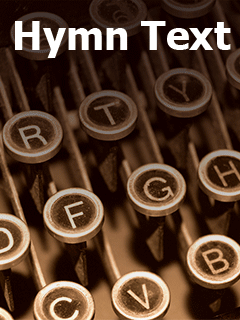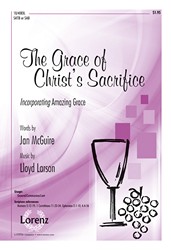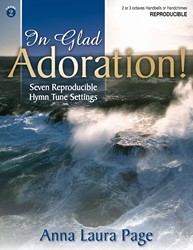Himnos de Vida y Luz #64
Display Title: Divina Gracia First Line: Divina gracia, Qué amor Tune Title: NEW BRITAIN Author: Barbara Mink, 1937-; John Newton, 1725-1807 Meter: 8.6.8.6. Date: 1990 Subject: Arrepentimiento y Perdon |
Himnos de Vida y Luz #64


 My Starred Hymns
My Starred Hymns









